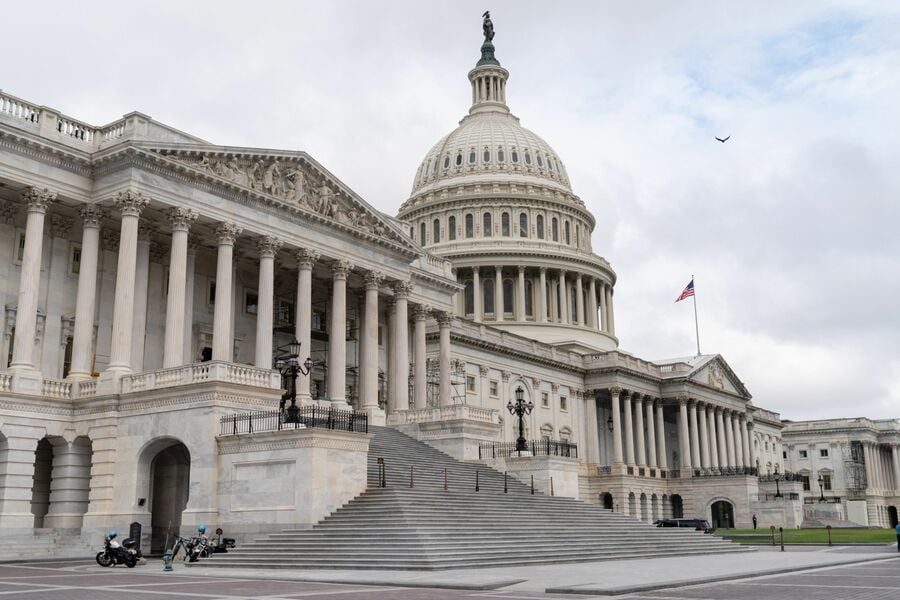

A pair of exchange-traded funds that would mirror the personal portfolios of members of Congress may be coming soon.
The Unusual Whales Subversive Democratic Trading ETF (NANC) and the Unusual Whales Subversive Republican Trading ETF (KRUZ) would analyze the financial disclosure of lawmakers from both parties and their spouses and dependent children to construct a portfolio of between 500 and 600 holdings, according to a regulatory filing Thursday. When a position is reported as sold, the ETFs will offload the security as well.
The proposed funds would tap into a controversy over stock transactions made by lawmakers that sparked a flurry of bills to overhaul or update a 2012 law that governs disclosure, which have largely stalled despite bipartisan support. Currently, members of Congress are required to disclose any securities transactions valued at more than $1,000 within 45 days.
While it’s unclear if packaging lawmakers’ portfolios into an ETF will generate returns, it will almost certainly produce buzz, said Bloomberg Intelligence ETF analyst James Seyffart.
“It’s a fixation of the online trading community and financial Twitter to track what politicians are doing,” Seyffart said. “I’m not sure what kind of longevity this strategy will have, but I think they will drum up a lot of interest and if these things start beating the market, I think they could garner more than enough assets to be profitable.”
The funds will only focus on equity holdings, the filing said. Both ETFs would charge a 1% expense ratio. Michael Auerbach and Christian Cooper will serve as portfolio managers.

Integrated Partners is adding a mother-son tandem to its network in Missouri as Kestra onboards a father-son advisor duo from UBS.

Futures indicate stocks will build on Tuesday's rally.

Cost of living still tops concerns about negative impacts on personal finances

Financial advisors remain vital allies even as DIY investing grows

A trade deal would mean significant cut in tariffs but 'it wont be zero'.
RIAs face rising regulatory pressure in 2025. Forward-looking firms are responding with embedded technology, not more paperwork.
As inheritances are set to reshape client portfolios and next-gen heirs demand digital-first experiences, firms are retooling their wealth tech stacks and succession models in real time.
